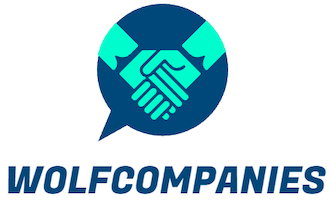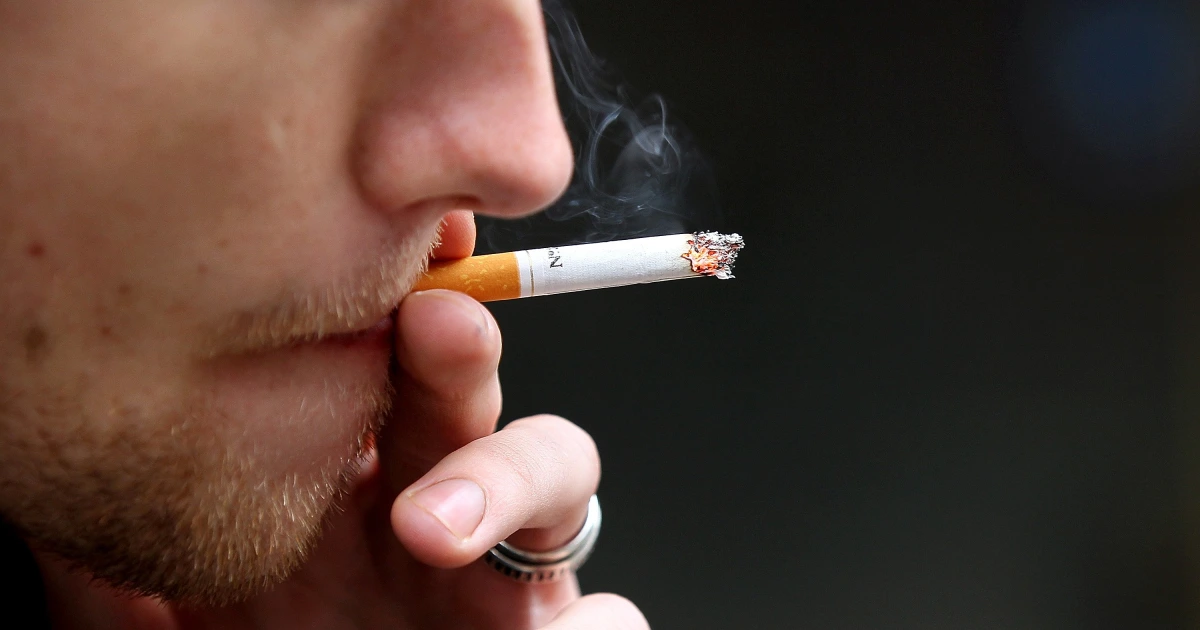The tobacco industry is an area of business that includes persons and companies that produce, package, ship, advertise, and distribute tobacco products. This sector employs many people and has a wide variety of jobs. There are many ways to get involved. You can work at home and learn about how you can earn a living in the tobacco industry. Here are some tips to get you started. Let's begin! You might even want to consider becoming an entrepreneur!
Tobacco companies use non-tobacco subsidiaries to support their tobacco businesses. RJR/Nabisco fired its ad agency for its Oreo Cookie ads, while Philip Morris used a warehouse owned by Kraft-General Foods for the Marlboro Adventure Team. The tobacco industry makes a lot of money through diversification, but the price depends in part on crop yields. The yields depend on local weather and the specific species, but they also depend on the health of the plants.
Tobacco companies have used their sophisticated legal and lobbying enterprises to protect their business from regulation. The industry's efforts to limit regulation have gotten them in trouble with the United Nations and the World Health Organization. However, one internal source has warned the industry of the harmful effects of consuming tobacco and the need for public pressure to make these businesses better. The result is that more money is being made for fewer workers. Tobacco is also bad for health.
Tobacco companies have been using non-tobacco subsidiaries to promote their tobacco business. For example, Philip Morris used a Kraft-General Foods warehouse for its Marlboro Adventure Team and coupon redemption programs. This is a sign of a healthy society. The tobacco industry has always been a business with profits, but this growth has been fueled by their acquisitions and diversification. Therefore, it is only natural for them to take the risk of investing in non-tobacco enterprises.
The tobacco industry has a longstanding relationship with the entertainment industry. Movies from the silent era often featured back-lit smoke to create suspense and mystery. In early stages of product placement, cigarettes were often placed in the hands of Hollywood stars. These methods are still being used today, and anti-smoking groups have pushed studio executives to avoid allowing tobacco companies to advertise their products in the movies. It is important to understand how these businesses make money.
The tobacco industry is an industry that transfers profits from poorer countries to richer shareholders in other countries. While it is an industry that makes profits, its policies and practices are often ineffective. Governments have attempted to impose a minimum tax on tobacco products, but the tax has not been very effective. Tobacco companies have also used subsidiaries in their core businesses to diversify. For example, RJR/Nabisco used the headquarters of the Kraft-General Foods to launch their Oreo Cookie ad campaign. In addition, Philip Morris used a warehouse of Kraft-General Foods to launch its Marlboro Adventure Team.
The tobacco industry is known to have strong connections with government officials. Tobacco companies have made millions of donations to government funds in India, and some of these contributions have been publicly promoted on the Prime Minister's Twitter account. These donations to non-profit organizations have been a significant source of political influence for many years. In India, the tobacco industry has also been known to have direct links with various politicians. In a recent example, over $36 million worth of contributions to public funds was donated by a tobacco company.
The tobacco industry has been known to transfer profits from poorer countries to the wealthy through a series of laws. The first of these laws was passed in 1915. The next step in the evolution of tobacco products was a move from chewing to heating and finally sucking. In the meantime, the active ingredients were extracted and sold to the public. This process is still in progress, but the tobacco industry continues to lobby for its profits.
There are other problems with the tobacco industry. The tobacco industry has many connections with high-ranking politicians in developing countries. In India, over $36 million in donations from tobacco companies went to government funds. Tobacco companies were also publicized on the Prime Minister's Twitter account. This is a troubling situation for consumers, but the tobacco industry is still a global powerhouse. In the United States, a significant amount of the money generated by the tobacco industry goes to the richer countries.


